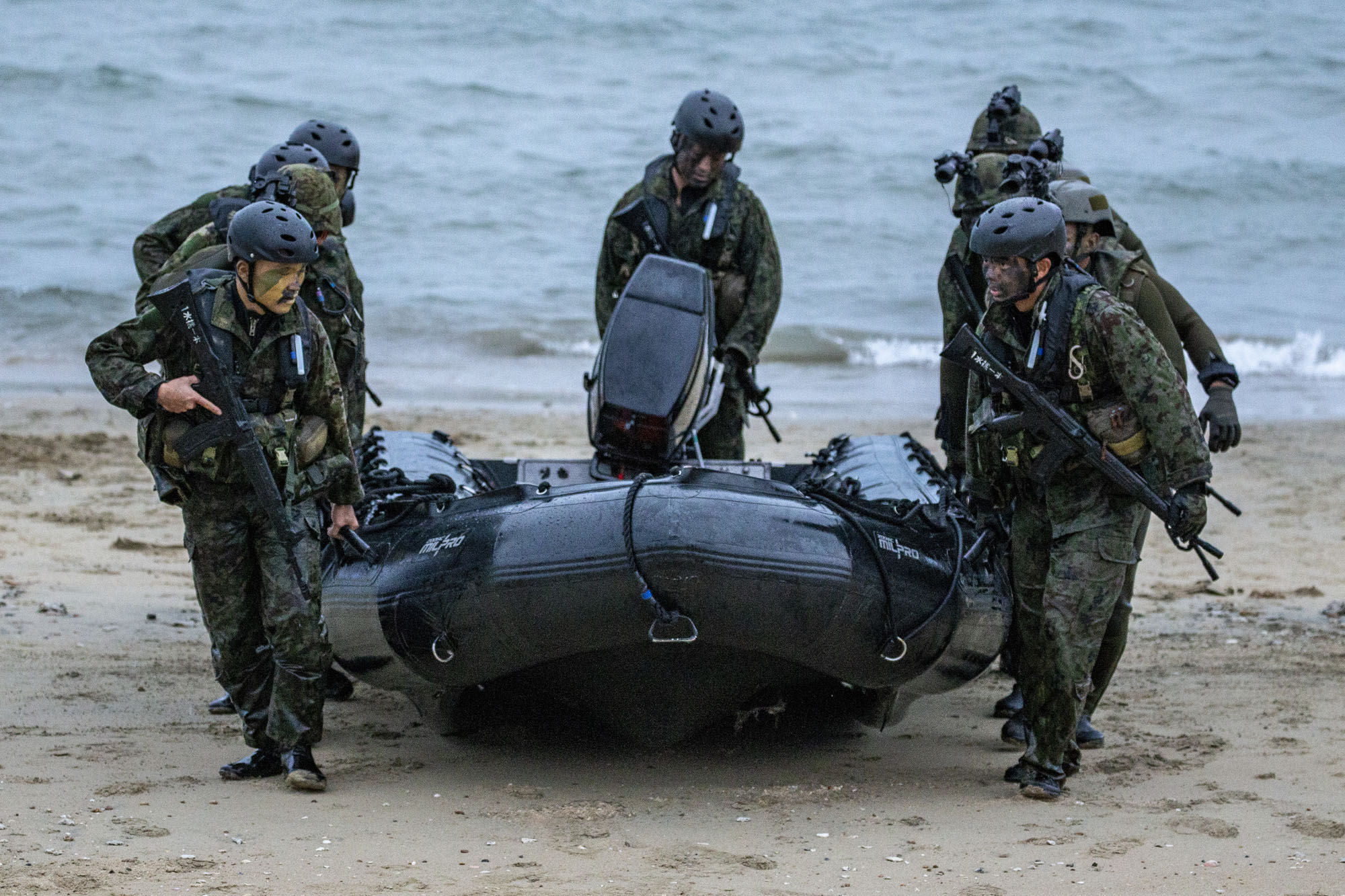Meta
Craig Martin
Jun 27, 2014
Aug 4, 2012
Jun 6, 2012
Dec 2, 2010
Aug 18, 2010
Nov 7, 2009
Jun 10, 2009
Mar 26, 2009
Oct 5, 2008
May 21, 2008
Jan 10, 2008
Oct 8, 2007
Aug 30, 2007
Apr 29, 2007
















